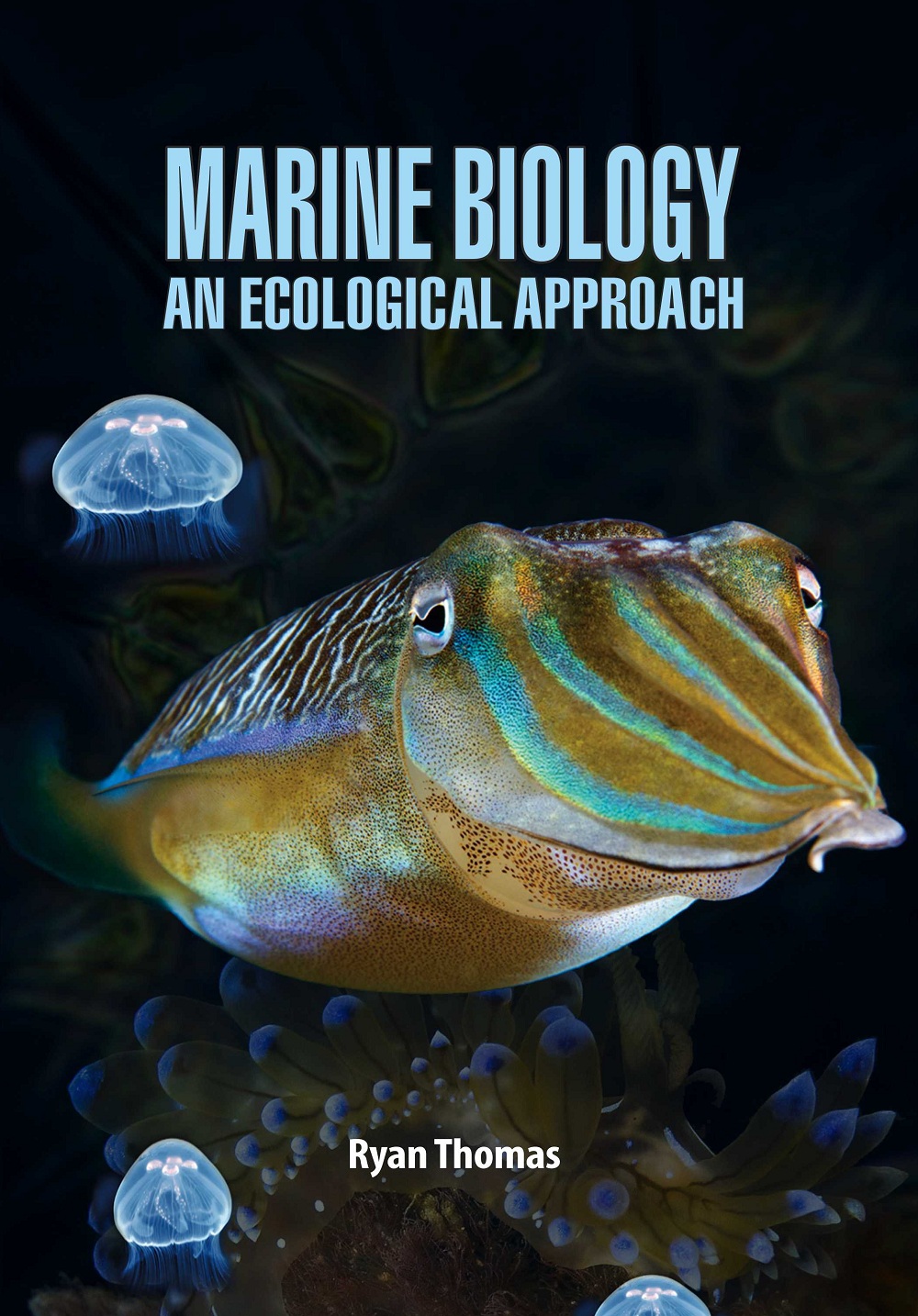Marine Biology: An Ecological Approach Ryan Thomas
- ISBN: 9781788822152
- Edition: 1st
- ©Year: 2020
- List Price : 155
About the Book
Marine Biology: An Ecological Approach emphasizes the ecological principles that guide marine life throughout all environments within the world's oceans. It provide a unique ecological approach that helps students understand the real-world relevance of marine biology by exploring how organisms interact within their individual ecosystems. The text is organized by habitat, not classification, with each habitat receiving detailed, in-depth coverage that draws students into the subject matter. These include new coverage of the intertidal zone, salt marshes and estuaries, and tropical communities, as well as a revised discussion of humans' impact on the sea. Marine Biology emphasizes the ecological principles governing marine life throughout all environments within the world's oceans.This unique ecological approach adds real-world relevance by exploring how organisms interact within their individual ecosystems. The text is organized by habitat, each receiving detailed, in-depth coverage which gives instructors flexibility to focus on their particular areas of interest. Marine Biology: An Ecosystem Approach explores the potential use of bivalves as indicators and monitors of ecosystem health and describes experiments from the perspective of computer simulations, mesocosm studies, and field manipulation experiments.
Contents: 1. Introduction to Marine Biology, 2. Fundamental of Ecology, 3. Geology of the Ocean, 4. Marine Microbes, 5. Multicellular Primary Producers, 6. Marine Invertebrates, 7. Marine Reptiles and Birds, 8. Marine Mammals, 9. Estuaries, 10. Coral Reef Communities, 11. Continental Shelves and Neritic Zone, 12. Life in the Ocean Depth.
Ryan Thomas is the chairperson of the Department of Ecology and Evolutionary Biology. His areas of expertise include the ecology and conservation of natural shoreline communities, as well as salt-marsh and rocky-shore ecology and conservation, which he has studied extensively. He is a fellow of the California Academy of Sciences and has served as an officer in five scientific societies. He regularly teaches three undergraduate upper division courses, marine invertebrate zoology, marine ecology, and microscope techniques, and two graduate courses, biology of the mollusca and a seminar. He has also served as editor or peer reviewer for 11 scientific journals. He has published 32 scientific papers and is the sole author of four books and co-author of three others.

